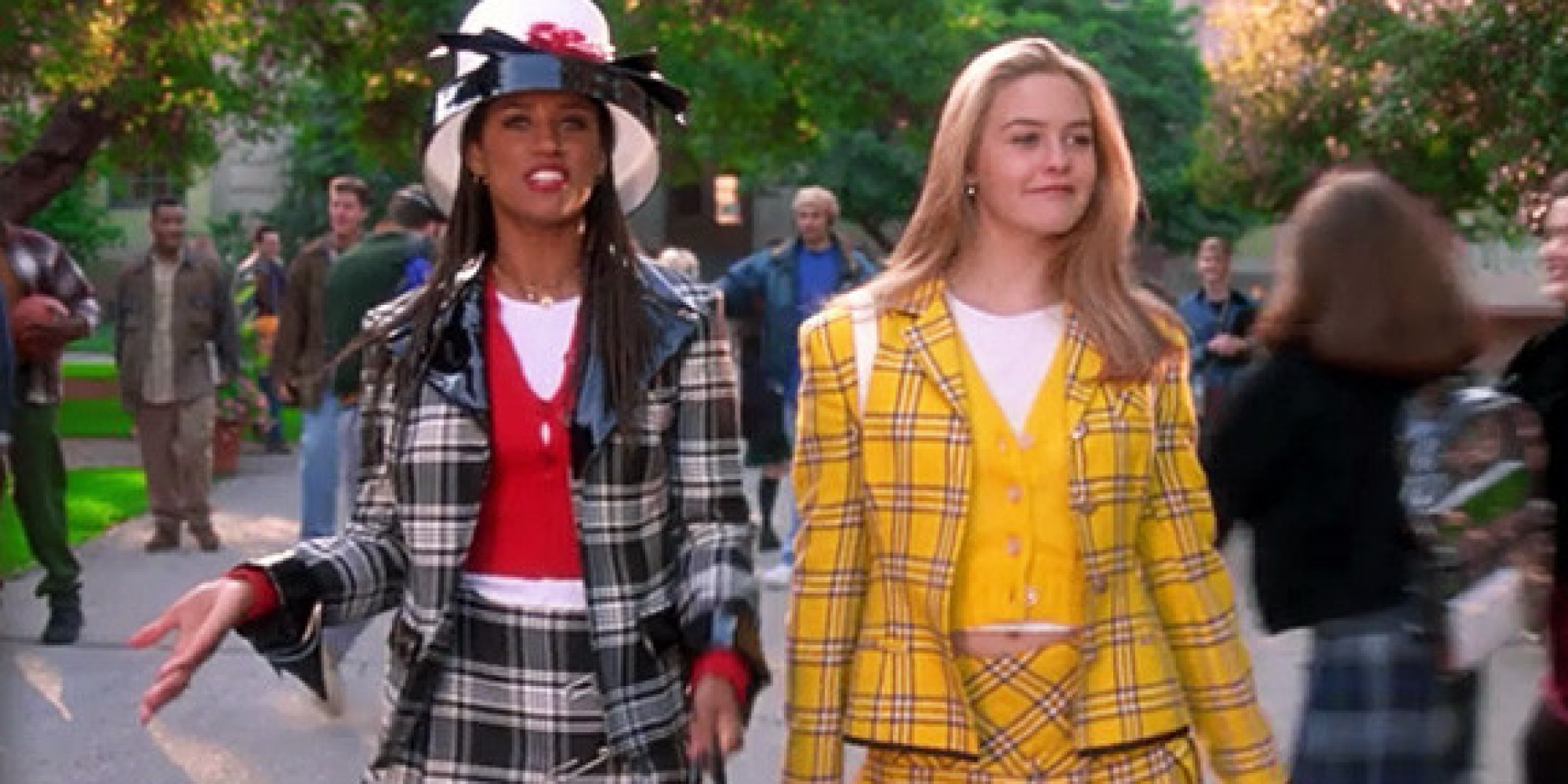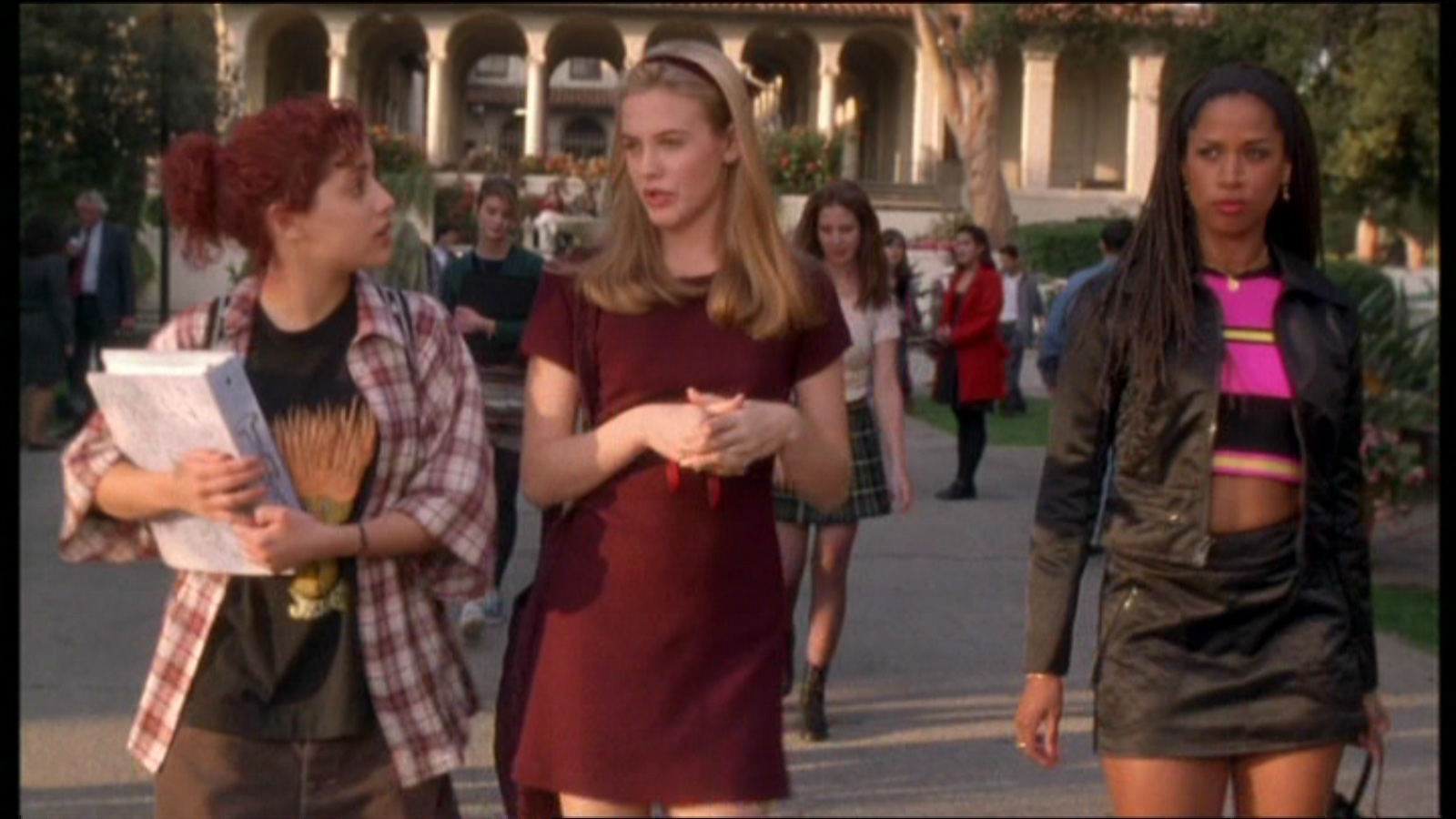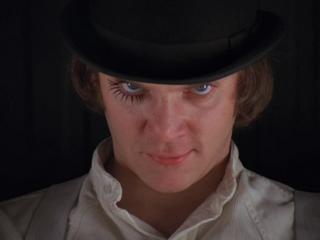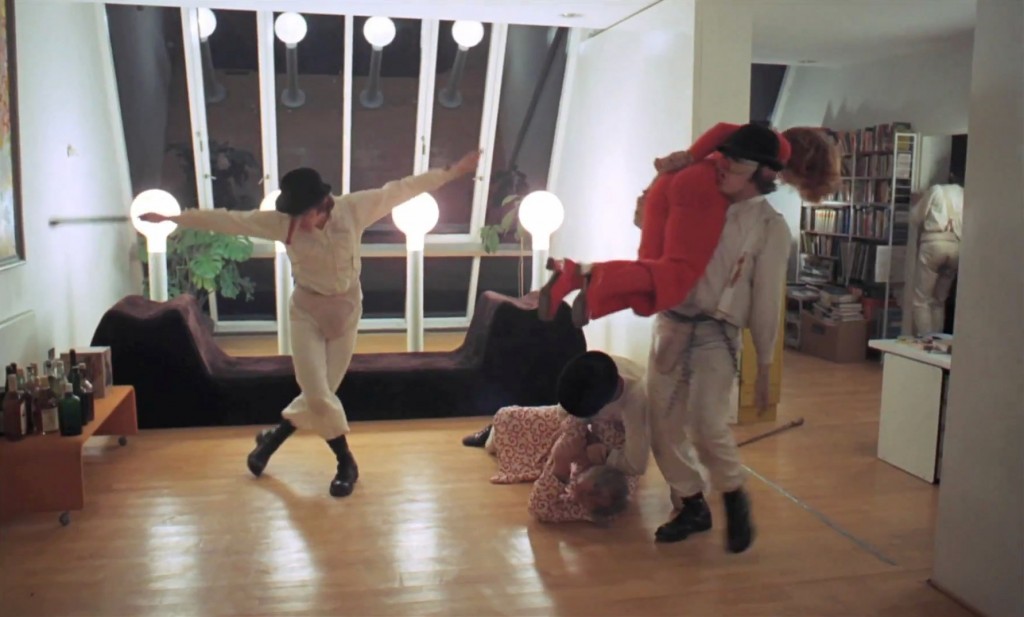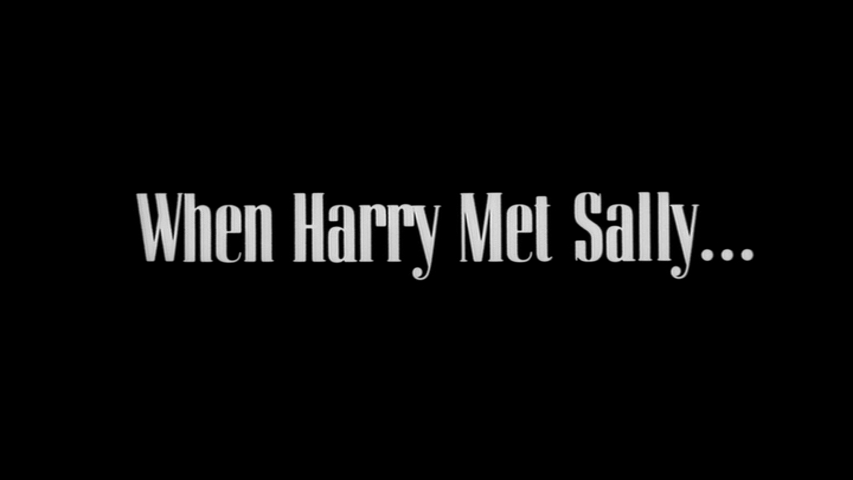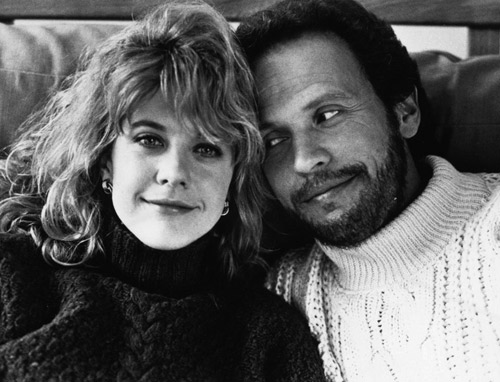The rom-com is one
of the most despised genres of film. The mediocre or bad ones have
derision heaped upon them. Their utterly predictable outcome is
bemoaned by many; what's the point of watching the film if you know
how it will end up? And do not forget the unrealistic expectations it
gives people about relationships!
For me, the second
point is rather ridiculous: most people are not silly enough to
believe that films represent actual life. And while predictability is
sometimes problematic, it is not only restricted to this genre of
film (in fact most genres are guilty of this because of the very
nature of genre). So why is the rom-com often singled out?
Without putting
forward a rather sexist response, I can't answer that question.
Instead I'm going to talk about the rom-coms I think are great,
brilliant, wonderful, perfect, all the superlatives you can think of,
and why. First up, one of my absolute favourites:
When Harry Met Sally
(1989) details the relationship between Harry and Sally, moving from
the first time they meet, when they didn't like each (or at least one
of them didn't), to their friendship that eventually tumbles into
love. This happens over the space of 12 years (and 3 months!).
Though the main
plot is linear, there are two things that are different from most
rom-coms Hollywood produces. Peppered throughout the film are
'interviews' with older couples talking about how they met. These
characters are not involved in the main plot, and have no tangible
connection to the characters. But they are connected thematically,
contextualising Harry and Sally's story within the multitude of other
couples' experiences. This is not meant to be a representation of how
all relationships are, but just one of many different stories that
could be told.
These
stories do reveal the ending to us, for all the couples are married
and many have been together for many years. It is implied that is the
result for Harry and Sally. But we don't know the unique story of how
they got there.
The second
difference is a bit more subtle. The plot plays out in chronological
order, but there are gaps in the actual timeline. Between the drive
to New York and seeing each other at the airport, five years pass;
after that five more years pass before they actually start getting to
know each other properly.
Coincidence
plays a large part in their relationship. 'Destiny', that old rom-com
staple, is not what compels them together; they hardly think of each
other in the intervening periods. And, although genre conventions
dictate that people who start off hating each other come to like each
other, those films are rarely set over such a long period of time,
and thus the transition feels forced. When Harry Met Sally
allows the characters to change in a more natural way, and are
influenced by factors other than each other.
Dialogue is
incredibly important for films about relationships, and this film has
some of the best lines in film history. Of course, everyone knows the
(in)famous 'I'll have what she's having,' but there are many Nora
Ephron gems in this script. 'Baby fish mouth' is a hilarious moment,
and for me is now a saying; Sally's deadpan 'It's amazing, you look
like a normal person, but actually you are the angel of death' is
fabulous. Most of Harry and Sally's exchanges are wonderful, but the
films declaration of love is perfection:
Harry:
I love that you get cold when it's 71 degrees out. I love that
it takes you an hour and a half to order a sandwich. I love that you
get a little crinkle above your nose when you're looking at me like
I'm nuts. I love that after I spend the day with you, I can still
smell your perfume on my clothes. And I love that you are the last
person I want to talk to before I go to sleep at night. And it's not
because I'm lonely, and it's not because it's New Year's Eve. I came
here tonight because when you realize you want to spend the rest of
your life with somebody, you want the rest of your life to start as
soon as possible.
Sally:
You see, that is just like you Harry. You say things like that and
you make it impossible for me to hate you! And I hate you Harry, I
really hate you …. I hate you.
Great
dialogue is all well and good, but Ephron also wrote great
characters. Harry and Sally are not bland stereotypes; Sally may be
high maintenance, but she is not a shrill, demanding person. Harry is
at times cavalier in his relationships with women, but he is also
coming to terms with a painful divorce, which has understandably
rattled his approach to commitment. They also have small quirks
particular to them: Sally orders food in such detail that I assume it
often comes seasoned with spit (not on the side!), while Harry reads
the last page of the books he reads just in case he dies before the
end. These don't affect the plot, but they help flesh out these
characters.
The
supporting characters are just as well-drawn. Jess and Marie, Harry
and Sally's respective best friends, could almost have a film of
their own. They are not simply there to offer advice to Harry and
Sally but have their own story arc, which involves falling in love
and marrying each other, all in the time it takes Harry and Sally to
figure out how they feel for each other.
One
cannot talk about this film without mentioning its huge debt to Woody
Allen's films. I saw this before I saw any of Allen's films, and when
I watched Annie Hall
I was struck by the similarities: set in New York, smart-talking
characters; Sally reminded me of Annie, Harry had aspects of Alvy.
This is in no way a bad thing; Allen's rom-coms are some of the best
out there, and if you are going to be a bit derivative, take from the
best!
It
is interesting to note that the film was originally going to end with
Harry and Sally not getting together, an ending which some like Rob
Reiner, Nora Ephron and Carrie Fisher have said would be more
realistic. They may be right, but this approach takes me back to the
'unrealistic' tag thrown at many rom-coms. The film is not a
definitive answer to the question 'Can men and women just be
friends?' but an exploration of that tension. As the couples show us,
everyone's story is different, so an attempt at 'truth' is rather
irrelevant.
I
first watched this when I was fifteen and I have loved it since. It
is not just a great romantic comedy, it's a great, brilliant,
wonderful and yes, perfect movie.

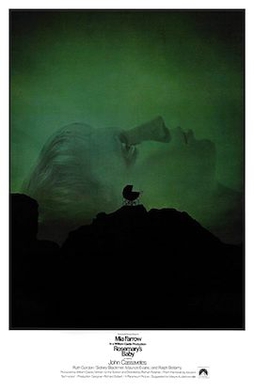






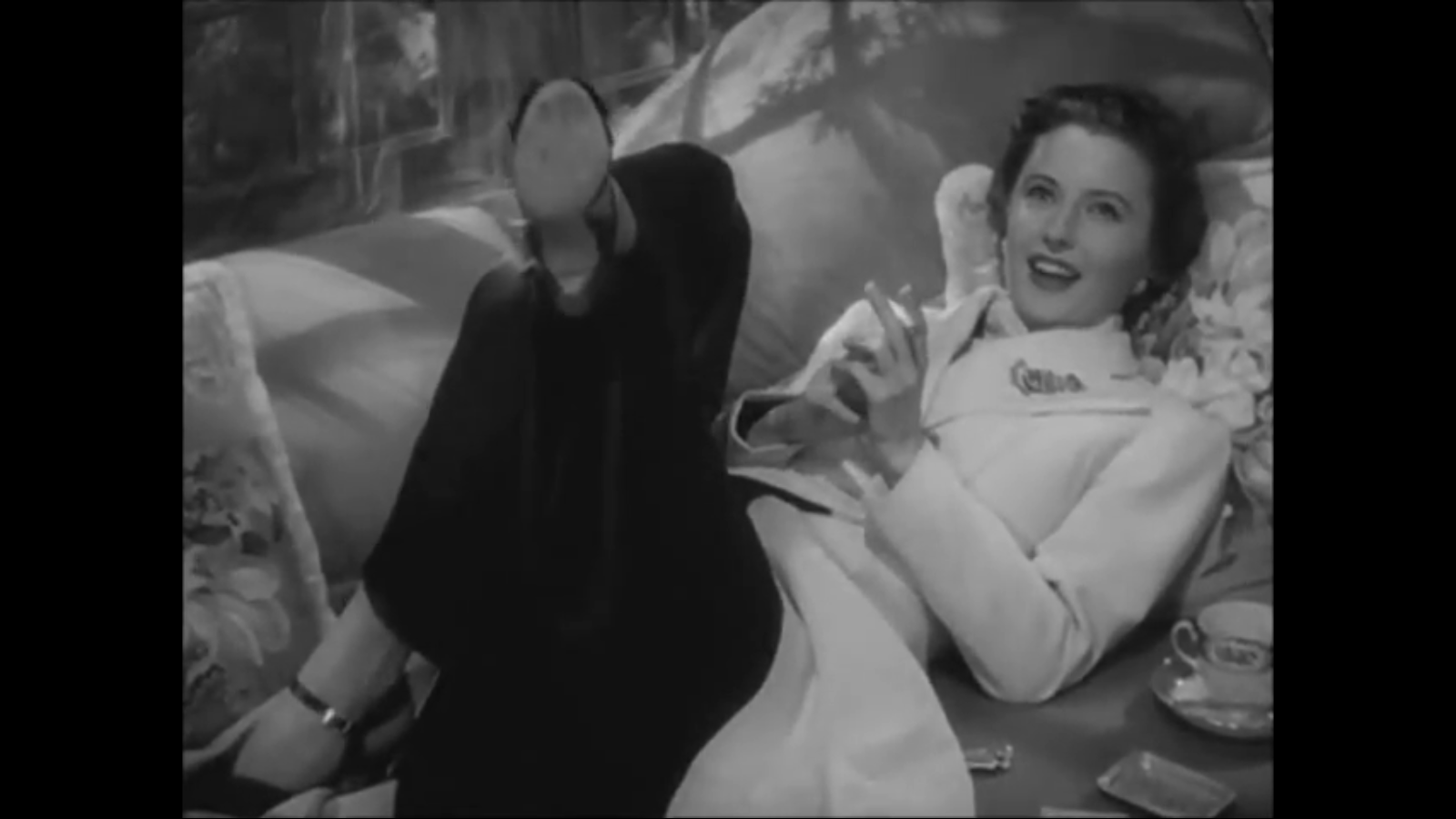







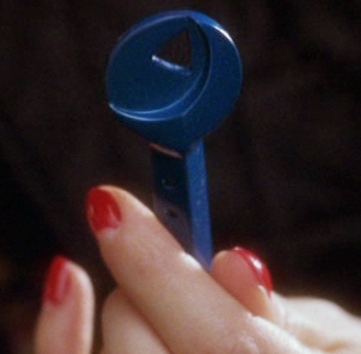

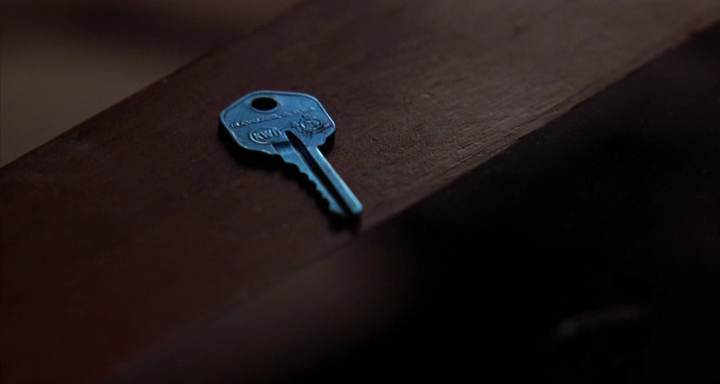

![[clueless-poster.jpeg]](https://blogger.googleusercontent.com/img/b/R29vZ2xl/AVvXsEi8SwQp2xIKPR9a3aBjZOpIWoDY_JXvuXcHgs7a5aURq1JWJl27VOj83IG4G2OEFk32NJ1H_JvfIWQpGr1oRdV82y6xsyMmBcBDnKd5VceGCRwuCqzDkN3Yq7ftbudoPipz4Vj1DrhT7g/s320/clueless-poster.jpeg)



